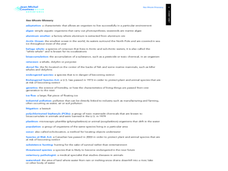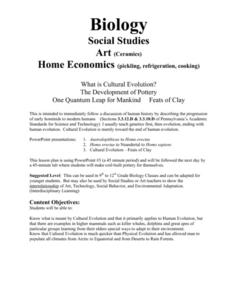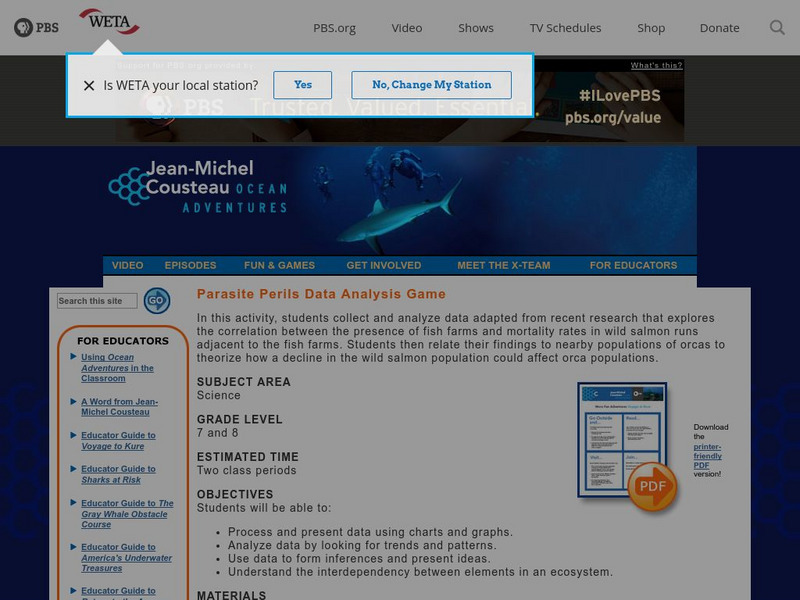Curated OER
A Whale of a Problem
Learners evaluate the possible causes contributing to the decline of the killer whale population from a number of differing perspectives. They present their findings in a talk show format and in letters of advocacy regarding
Curated OER
Beluga Balancing Act
Learners study beluga whale populations and the issues they face. In this beluga instructional activity students compare the issues that the whales are facing and name ways people can help.
Curated OER
The Greatest Threats
High schoolers work together in groups to research one way killer whales are being threatened. They brainstorm ways to some the threat and actions that can be taken to keep them protected. In new groups, they share their proposed...
Curated OER
The Sights and Sounds of Orcas
Students investigate the orca whale. They participate in an online Webquest, listen to whale vocalizations online, answer discussion questions, and locate and read newspaper articles on marine mammals and orca whales.
Curated OER
What is Cultural Evolution?
Students comprehend what is meant by Cultural Evolution and that it primarily applies at Human Evolution, but that there are examples in higher mammals such as a killer whales, dolphins and great apes of particular groups by exploring...
Curated OER
Fighting Conservation Crime
Students identify and interpret the evolution and sources of law in Canada. Students compare and contrast the legal rights and responsibilities of individuals, groups, and organizations in Canadian society. Students write a one-page...
Curated OER
Orca United Nations
Students study the differences between sets of data and explain how organisms are adapted to their environment. In this marine mammals instructional activity students analyze data based on set criteria.
PBS
Pbs Jean Michel Cousteau: Parasite Perils Data Analysis Game
This lesson is designed for Grades 7 and 8 and has young scholars gather and analyze data from research on salmon populations and the impact of the sea louse on their survival rates. They then apply their findings by looking at how orca...







